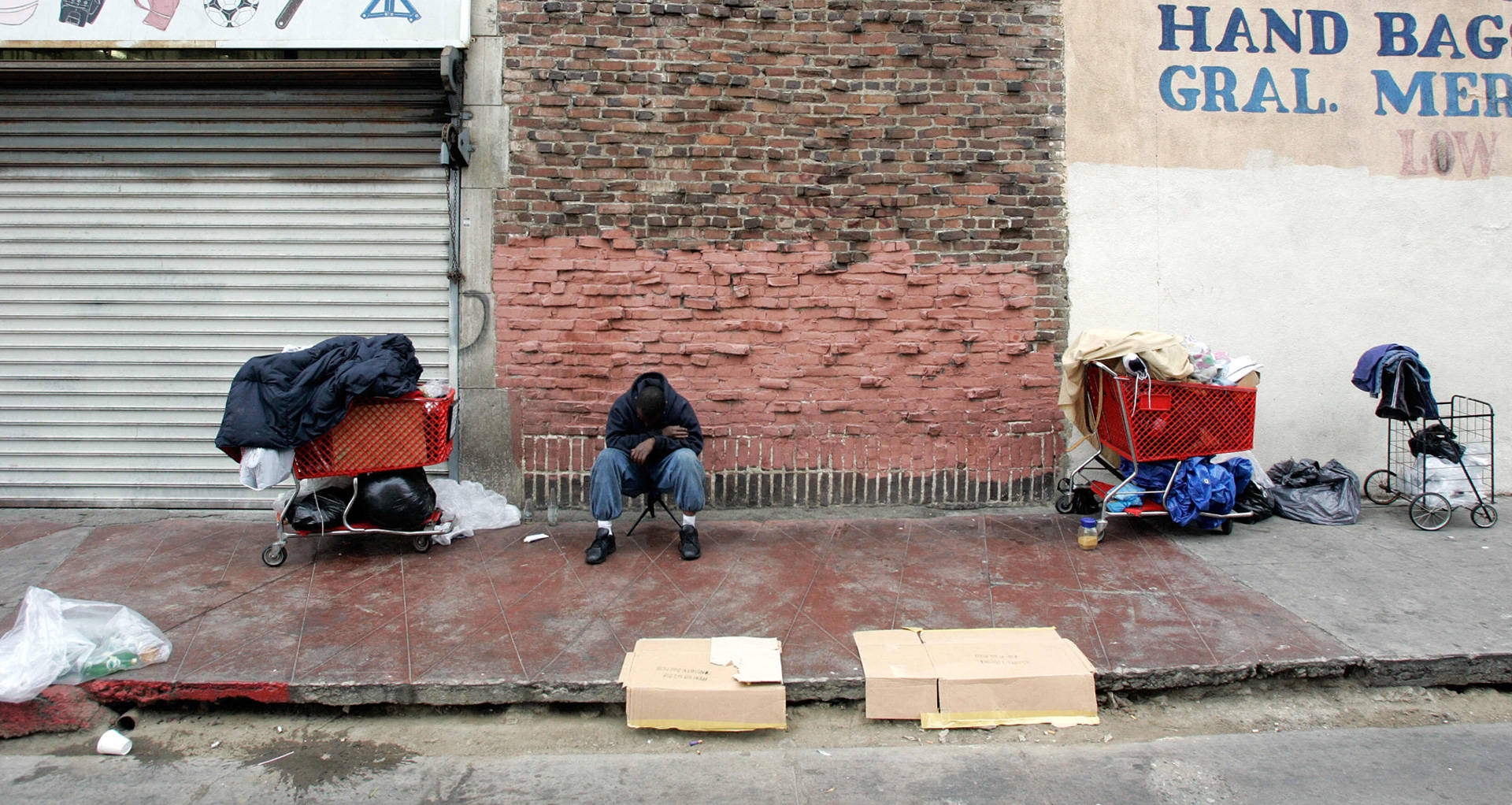Los Angeles County supervisors moved a step closer on Tuesday to placing a so-called millionaire’s tax on the November ballot. The .5 percent levy on residents earning over $1 million a year could bring in more than $250 million a year in revenue, according to the county’s own calculations. The money would be used to expand services for the county’s roughly 47,000 homeless residents.
It’s nothing new for a county or local municipality to impose a sales or tourism tax to help pay for day-to-day operating costs. But trying to impose a personal income tax to help finance a specific need is nothing if not unusual.
For one, L.A. doesn’t have the authority to do it on its own. What Tuesday’s narrow 3-2 vote does is clear the way for the county to seek a state amendment allowing California counties to impose such a tax. So, before L.A. County can impose the tax, it needs the backing of the state Legislature and Gov. Jerry Brown.
The governor has already signaled a willingness to help combat surges of homelessness in the Los Angeles metropolitan area, the Bay Area and other parts of California. Last week he backed a massive $2 billion bond effort focused on housing the state’s mentally ill homeless residents. The bonds would be repaid over time with revenue from Proposition 63, the state’s own “millionaire’s tax” approved by voters in 2004.
"And now it's time for us to seek every conceivable way possible to fund rent subsidies, rapid rehousing, the whole range of services that are needed for those who are suffering,” says L.A. County Supervisor Mark Ridley-Thomas, who co-authored the county’s tax proposal.
